Whenever you’re shopping for bath towels, chances are you’re not thinking about when you should replace them. You can, of course, keep them forever, but it’s important to know that even with frequent washing, you’ll want to replace them eventually. So what’s the magic number? Check out our recommendations for how often you should be replacing your bathroom towels.
The Hidden Menace: Bacterial Accumulation
Towels, our trusty companions after a refreshing shower, might not be as clean as we think. Over time, they become a breeding ground for bacteria. The moisture that clings to towels post-use creates a welcoming environment for germs to thrive. Whether you use your towel to dry off after a bath or to wipe your hands, it collects moisture and microscopic organisms.
The warm and damp conditions provide an ideal setting for bacteria like Staphylococcus and E. coli to multiply. These bacteria can lead to skin irritations, infections, and even more severe health issues if left unchecked. Therefore, it’s crucial to understand how often you should replace your towels to maintain good hygiene.
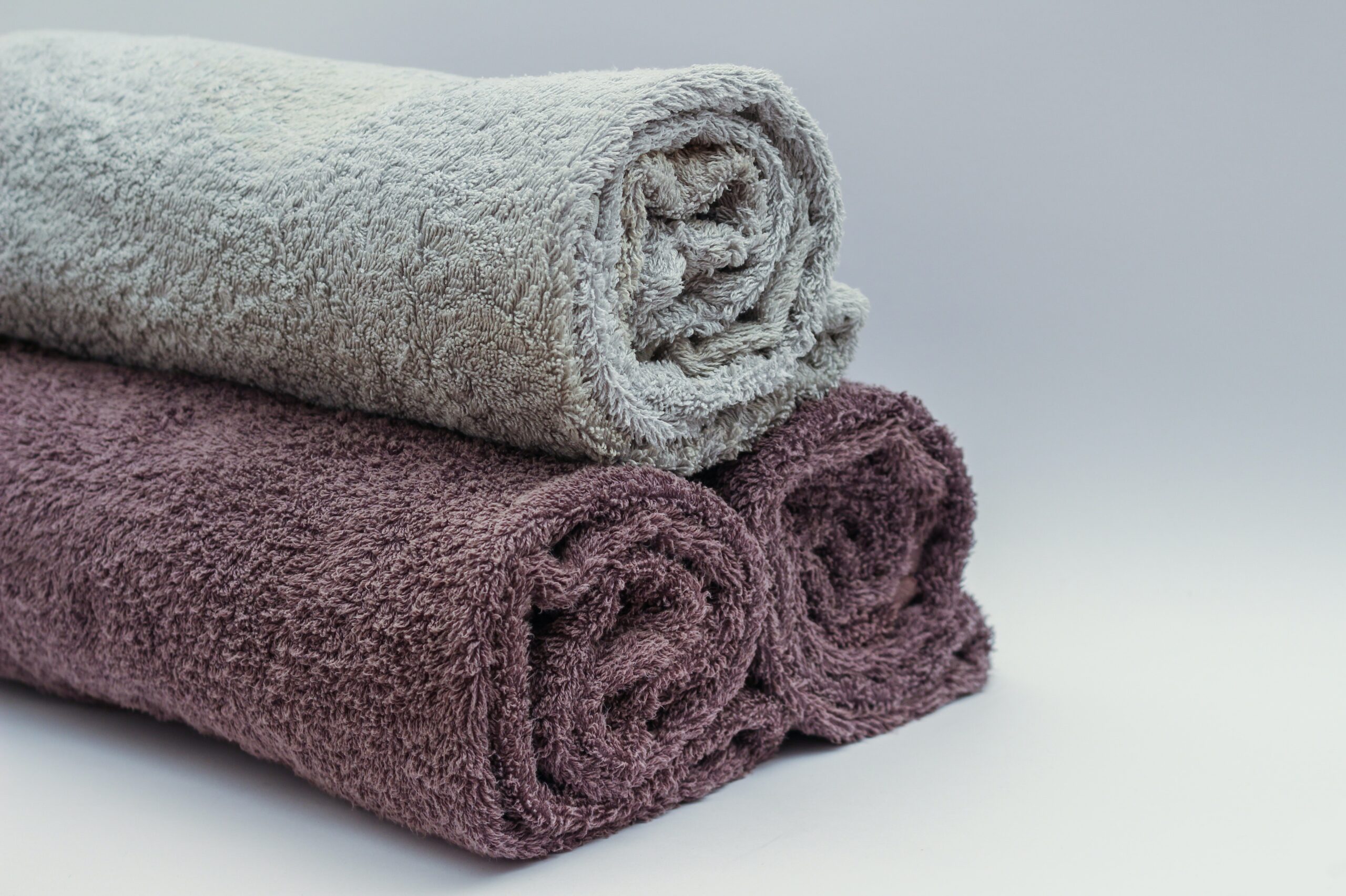
Towel Fabric Types: Choosing Wisely
When it comes to towels, not all are created equal. Different fabric types offer various benefits, but they also come with distinct maintenance requirements. Here are some common towel fabric types:
Cotton Towels: Embracing Softness and Absorbency
Cotton towels have long been the go-to choice for many households due to their luxurious softness and excellent absorbency. Here’s what you need to know about them.
- Softness: Cotton towels are known for their plush and velvety texture, providing a gentle touch on your skin. They offer a soothing and comfortable drying experience, making them perfect for pampering moments.
- Absorbency: Cotton towels excel at quickly absorbing moisture. They efficiently wick away water from your body, leaving you feeling dry and refreshed after a bath or shower.
However, while cotton towels are incredibly absorbent, they can trap moisture, leading to faster bacterial growth. Regular washing and proper drying are essential to maintain hygiene.
Microfiber Towels: The Quick-Dry Champions
Microfiber towels have gained popularity for their exceptional drying capabilities and quick-drying properties. Here’s a closer look.
- Quick-Drying: Microfiber towels are designed to dry rapidly, making them an excellent choice if you’re on the go or if you prefer towels that won’t stay damp for long.
- Highly Absorbent: Despite their thin appearance, microfiber towels can hold a significant amount of moisture. They efficiently soak up water, leaving your skin feeling dry and comfortable.
- Bacterial Resistance: Microfiber towels are less prone to bacterial growth compared to cotton towels, thanks to their synthetic composition.
But, even though microfiber towels are durable, they may show signs of wear and tear faster than some other fabric types. Proper care and regular replacement can help maintain their performance.
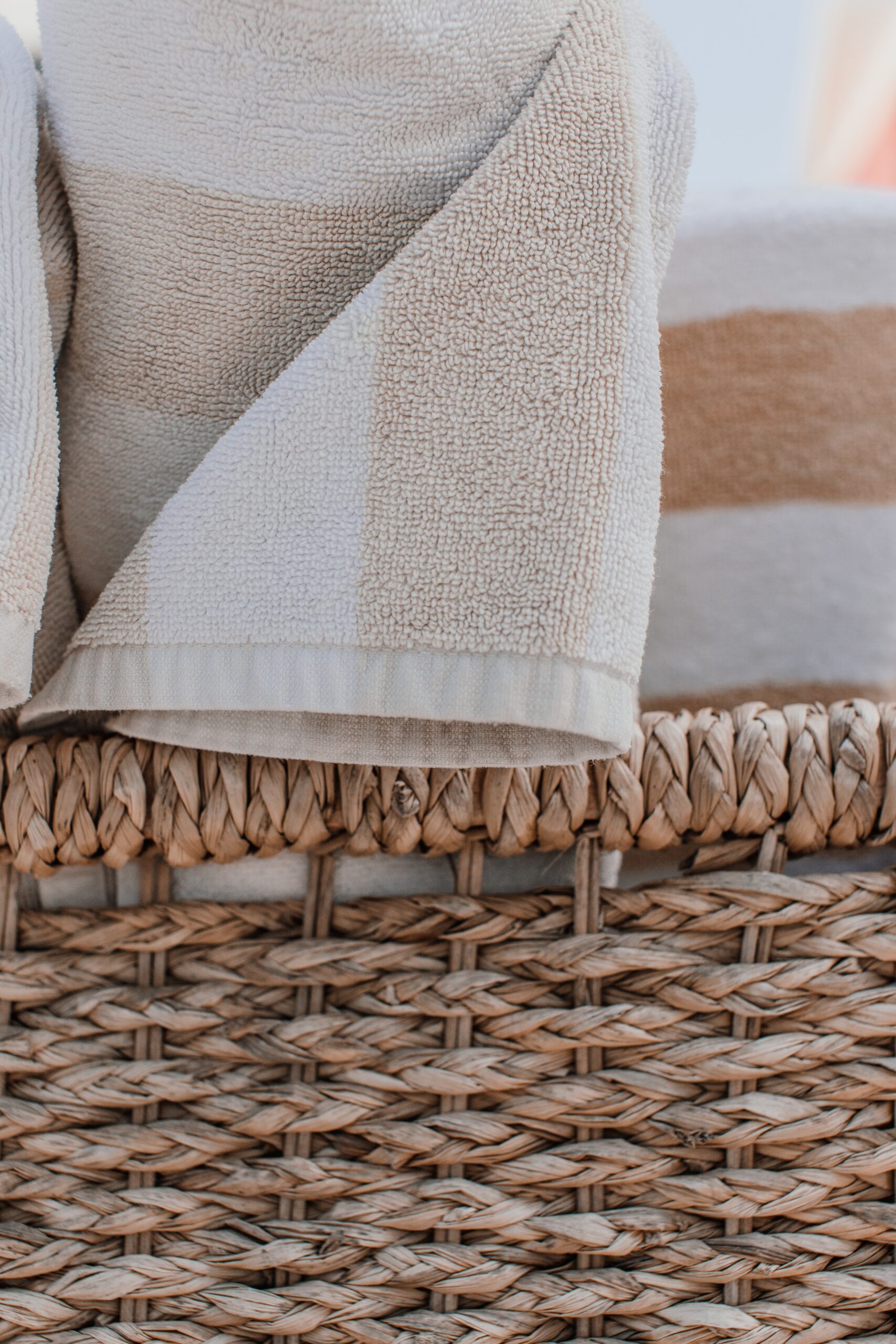
Linen Towels: Lightweight and Moisture-Wicking
Linen towels are the ideal choice if you’re seeking lightweight and breathable options, especially in hot and humid climates. Here’s what you should know.
- Moisture-Wicking: Linen towels have excellent moisture-wicking properties. They quickly absorb moisture from your skin and allow it to evaporate, leaving you feeling refreshed and dry.
- Breathability: Linen is known for its breathability, making it perfect for hot weather. It promotes air circulation and helps regulate body temperature.
You’ll also want to consider this—due to their efficient moisture absorption, linen towels may require more frequent washing to prevent the buildup of bacteria and maintain freshness.
Bamboo Towels: Eco-Friendly and Hypoallergenic
Bamboo towels have gained popularity in recent years for their eco-friendliness and hypoallergenic properties.
- Eco-Friendly: Bamboo is a sustainable and renewable resource. Towels made from bamboo are an eco-conscious choice for those concerned about the environment.
- Hypoallergenic: Bamboo towels are naturally hypoallergenic, making them suitable for individuals with sensitive skin or allergies. They are gentle and non-irritating.
- Bacterial Resistance: Bamboo fibers naturally resist bacterial growth, ensuring your towels stay fresher for longer.
Unfortunately, bamboo towels may be slightly more expensive than other types due to their eco-friendly and hypoallergenic qualities.
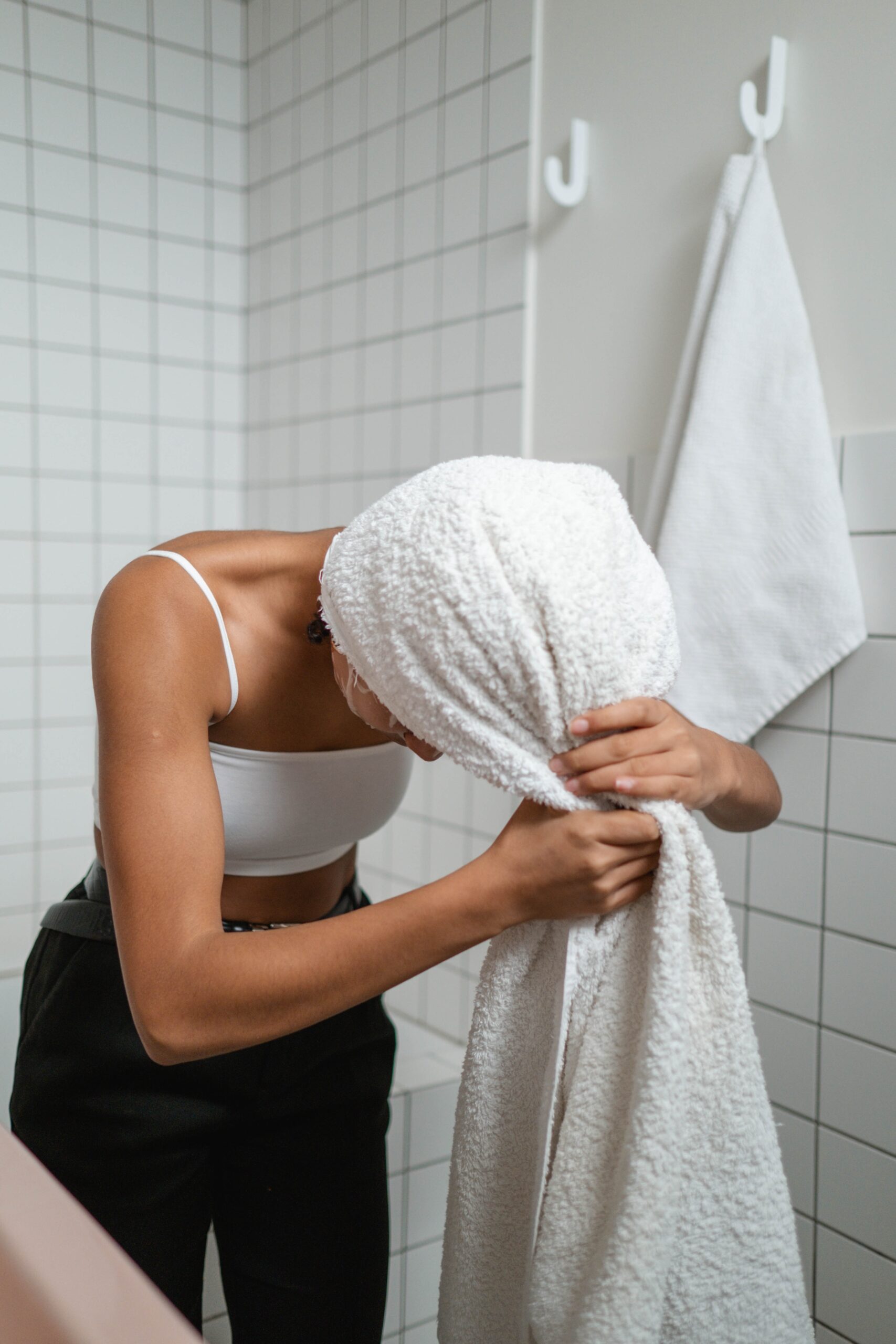
Finding the Right Balance: When To Replace Your Towels
The frequency of how often you should replace your towels depends on factors such as usage, fabric type, and maintenance. Here are some general guidelines:
- Every 1-2 years: For cotton towels, it’s advisable to replace them every 1-2 years. This interval allows you to enjoy their softness while minimizing bacterial buildup.
- Every 2-3 years: Microfiber towels can last a bit longer, typically 2-3 years, before needing replacement.
- Every 1-2 years: Linen towels require more frequent replacement, roughly every 1-2 years, to make sure they stay fresh.
- Every 2-3 years: Bamboo towels, with their natural resistance to bacteria, can last 2-3 years or even longer with proper care.
popular posts
- 1It’s Black Business Month, So Let’s Go Shopping and #BuyBlack!
- 2These Home Decor Items Will Instantly Make Your Space Look Outdated
- 3Black-Owned Home Decor Stores To Support Across the United States
- 4A Look Inside Elon Musk's Tiny $50,000 House
- 57 Black and Multicultural Designers To Follow For Design Inspo
Bath
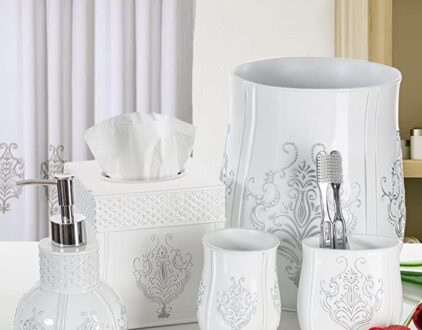
Viva La France: Bathroom Accessories To Remind You of Paris
by Melody Brown | January 19, 2023
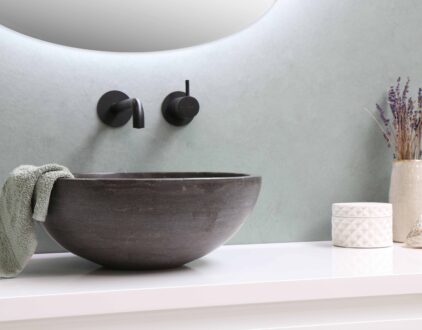
7 Bathroom Gadgets to Bring Your Toilette Into the 21st Century
by Stephanie Taylor | February 11, 2023
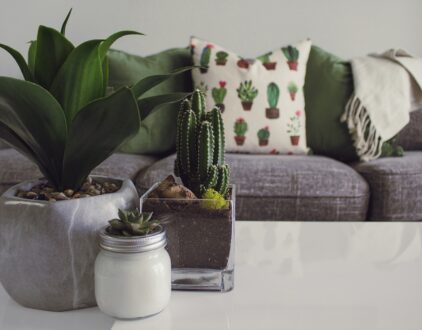
Gifts For New Homeowners: The Ultimate Buy Black Guide
by Brittni Williams | February 6, 2023
Spaces
Whether it’s luxury or ease, every area of your home should be as fabulous and unique as you.
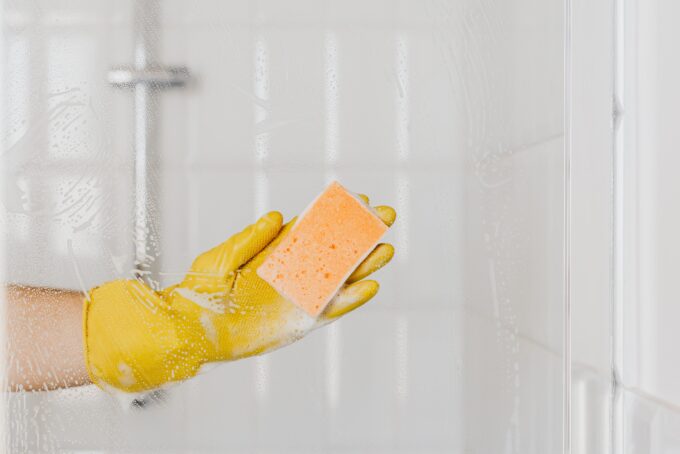
Here's How to Get — & Keep — Your Glass Shower Door Spotless
by homeandtexture | February 17, 2023
FOLLOW ALONG ON INSTAGRAM
#homeandtexture
Find us on social for more home inspiration where culture, personal style, and sophisticated shopping intersect to help you create a home where you love to live.




